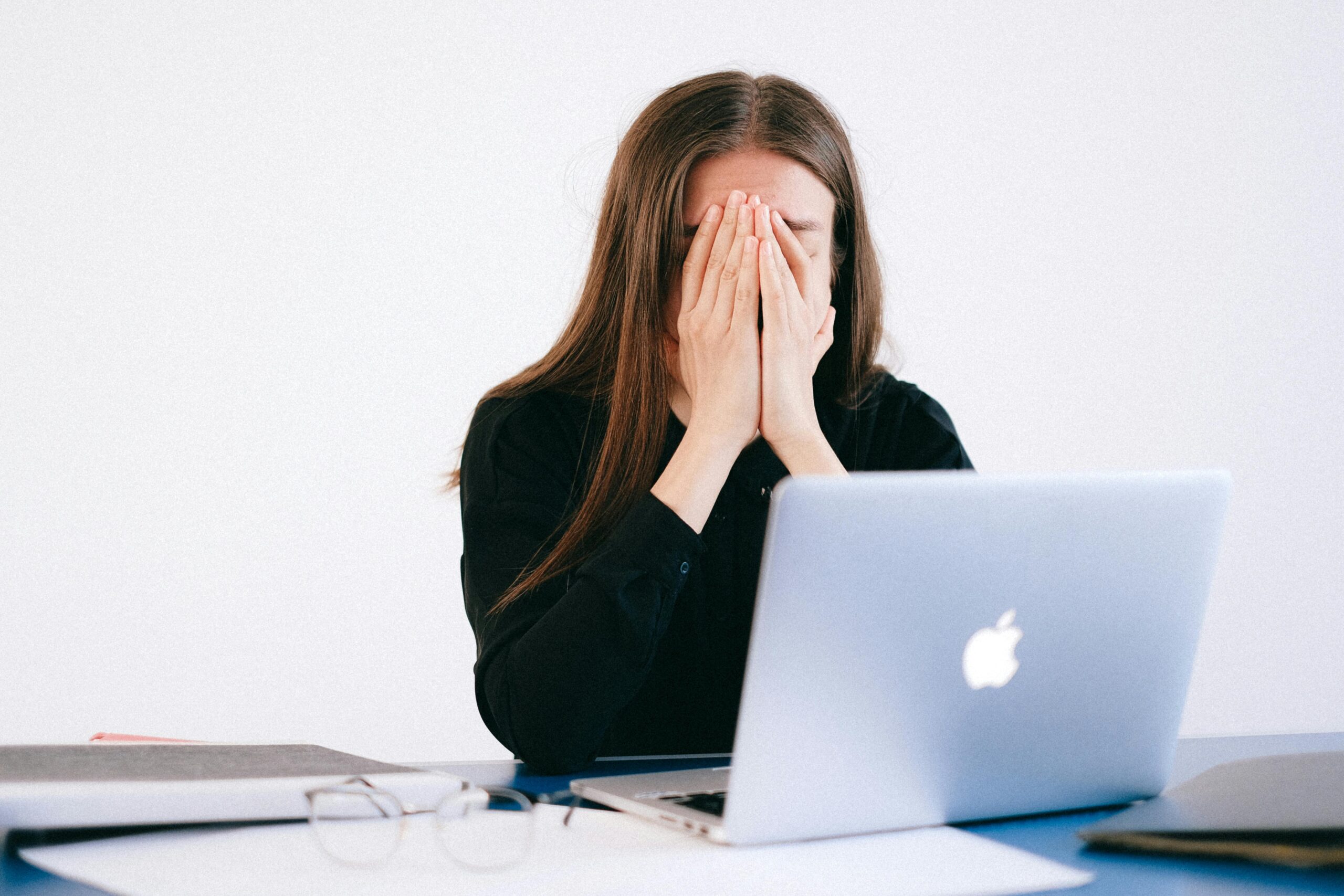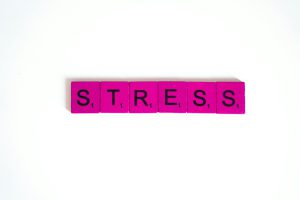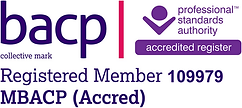Health Anxiety – Have you ever found yourself googling every ache and pain, convinced it must be something serious? Or maybe you’ve been to the doctor multiple times for reassurance, only to find your fears creep back in? If this sounds familiar, you’re not alone. As a counsellor, I’ve noticed more and more people seeking help for health anxiety. In this blog I’ll explain what it is, why it happens, and how to manage it.
What Is Health Anxiety?
Health anxiety is an intense fear or worry about having a serious illness. This isn’t just occasional concern about your health; it’s a persistent, overwhelming focus that can disrupt your daily life. People with health anxiety might:
- Constantly check their body for symptoms.
- Seek frequent reassurance from doctors, loved ones, or the internet.
- Avoid medical information altogether for fear of triggering their anxiety.
- Experience physical symptoms like a racing heart, muscle tension, or stomach issues due to their worry.
Ironically, the anxiety itself can create real physical sensations, which only adds fuel to the fire.
Why Does Health Anxiety Happen?
The exact causes of health anxiety are complex and can vary from person to person. However, here are some common factors:
- Past Experiences: If you’ve had a serious illness or a close call in the past, it can leave you hyper-aware of your health.
- Family History: Growing up in an environment where health concerns were a frequent topic can influence your mindset.
- Stress or Trauma: Major life stressors, such as a breakup, job loss, or trauma, can make your mind fixate on something “tangible” like health.
- Information Overload: Thanks to the internet, we now have endless access to medical information—and misinformation. A quick search for “headache” can quickly spiral into fears about brain tumours.
- Perfectionism and Control: If you’re someone who likes to feel in control, the unpredictability of health can feel especially unsettling, leading to hyper-vigilance.
Strategies to Manage Health Anxiety
Managing health anxiety isn’t about ignoring your health but finding a balance. Here are some strategies that can help:
- Limit Reassurance-Seeking: Constantly googling symptoms or asking for reassurance may feel comforting in the moment, but it often reinforces the anxiety. Try setting limits on how often you do this.
- Practice Mindfulness: Anxiety thrives on “what ifs.” Mindfulness techniques, such as focusing on your breath or your environment, or observing your thoughts without judgement, can help ground you in the present.
- Challenge Your Thoughts: Ask yourself questions like, “What’s the evidence for and against this fear?” or “What’s the most likely explanation for this symptom?” or “Is there another way of looking at this?”
- Focus on Function, Not Fear: Instead of asking, “Am I sick?” try asking, “Can I still do what I need to do today?” This shifts the focus away from catastrophic thinking.
- Engage in Relaxation Techniques: Activities like yoga, meditation, or even a walk in nature can help calm your nervous system.
- Talk About It: Sharing your fears with a trusted person or a therapist can be incredibly relieving. A counsellor can help you uncover the root causes of your anxiety and develop healthier coping mechanisms.
- Reframe: Rather than telling yourself, and others, that you have health anxiety, try reframing e.g. I feel anxious when this happens. Continuously calling the way you feel Health Anxiety gives it power. We all feel anxious about things sometimes and viewing it in this way can help.
- Set Boundaries with Medical Information: If reading health articles triggers your anxiety, try limiting your exposure. Stick to trusted sources and research papers and avoid forums or blogs that might sensationalize.
- Stay Active and Engaged: Keeping your mind occupied with hobbies, social connections, and physical activity can help reduce rumination and bring a sense of balance.
When to Seek Professional Help
If health anxiety is significantly impacting your daily life, it’s okay to seek help. Therapies like Eye Movement Desensitisation and Reprocessing (EMDR) and Cognitive Behavioural Therapy (CBT) can be particularly effective. Medication may also be an option for some people, but it’s best to discuss this with your GP.
The Bottom Line
Health anxiety can be exhausting, but you don’t have to manage it alone. Understanding why it happens and adopting practical strategies can help you regain control and live a fuller, less anxious life. Remember, it’s not about ignoring your health—it’s about finding peace with it.
If you’ve been struggling with health anxiety, know that help is available. You’re not the only one feeling this way, and with the right tools, it is possible to find relief.






